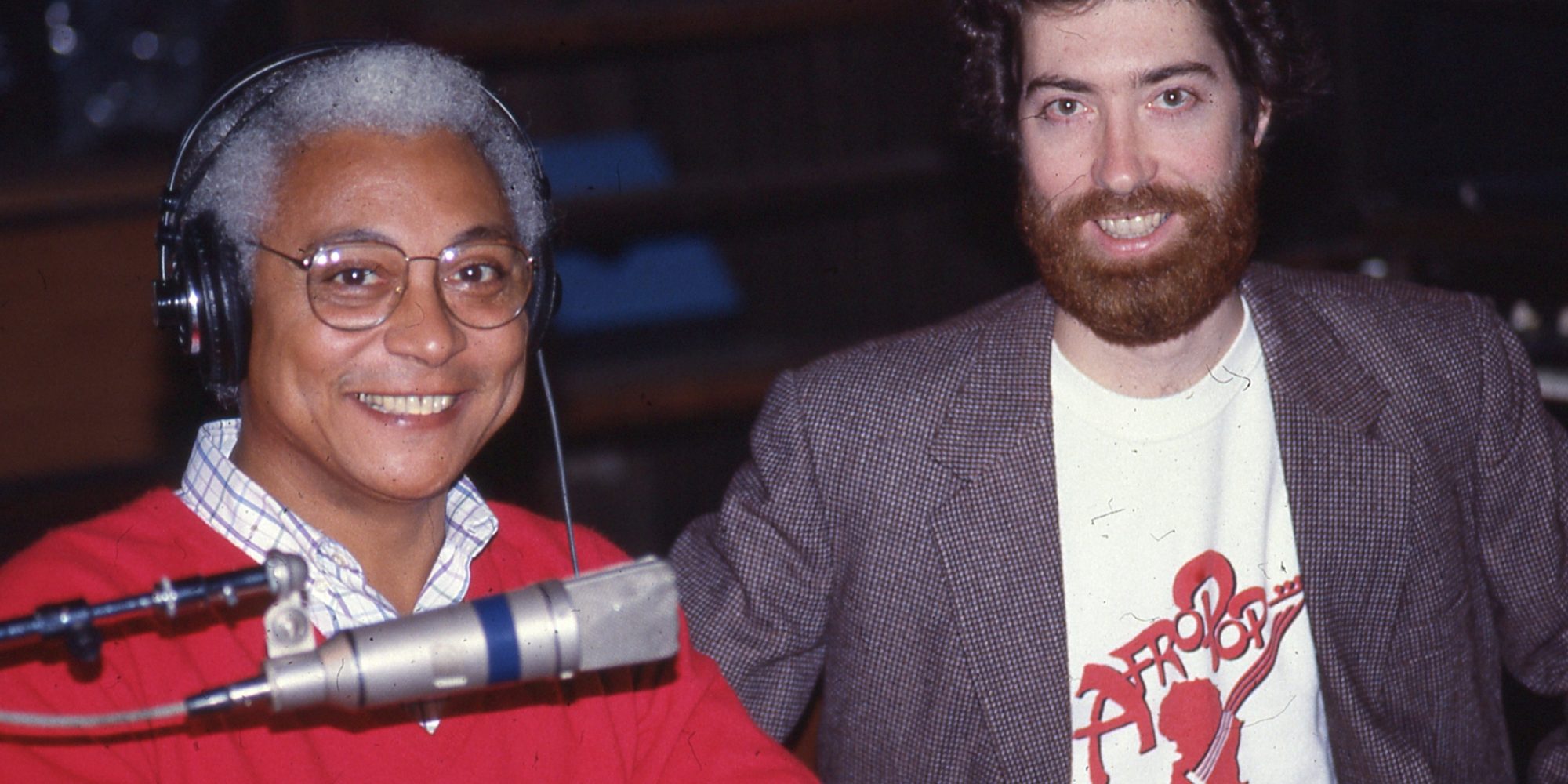As we kick off our 12 Days of Afropop celebration with Day 1: Origins, we journey back to a pivotal moment in broadcasting history.
In October 1988, National Public Radio launched an unprecedented experiment in American broadcasting. Afropop, as it was then known, became the first nationally syndicated radio series in the United States dedicated to contemporary African music. The program would later evolve into Afropop Worldwide, transforming how Americans experienced and understood African musical culture.
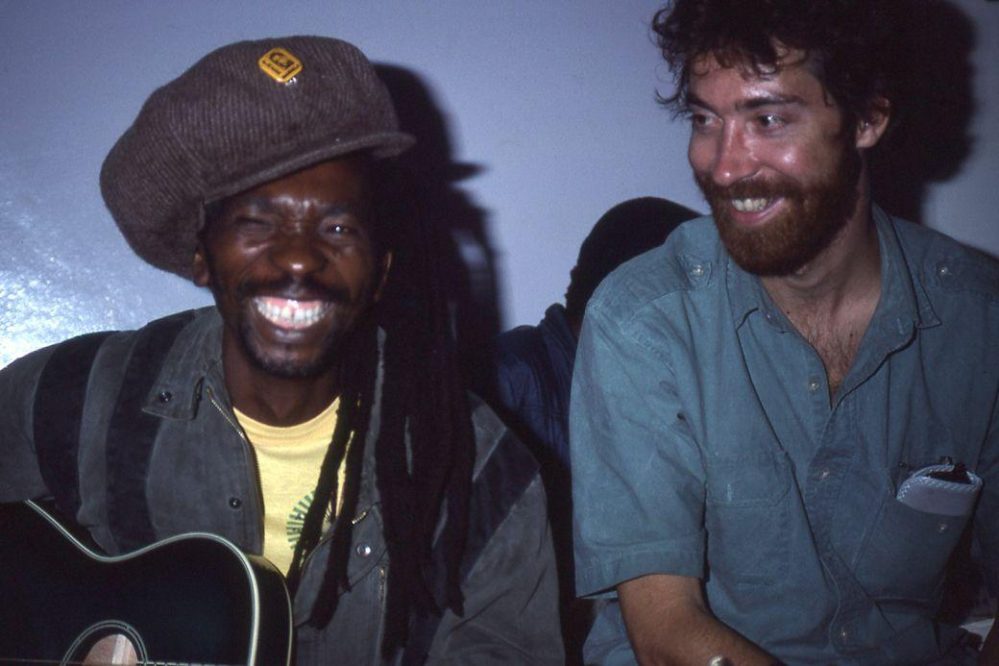
"The energy was electric," recalls Sean Barlow, the program's founder and executive producer. "We were about to share the incredible sounds and stories of African music with American audiences in a way that hadn't been done before."
The roots of the program trace back to 1985, when Barlow, fresh from an extensive research trip through Ghana, Cameroon, and Congo, pitched an ambitious 13-part series about African popular music to NPR. A Wesleyan University graduate who had been captivated by the school's World Music Hall during his student days, Barlow envisioned a program that would bridge cultural gaps through music.
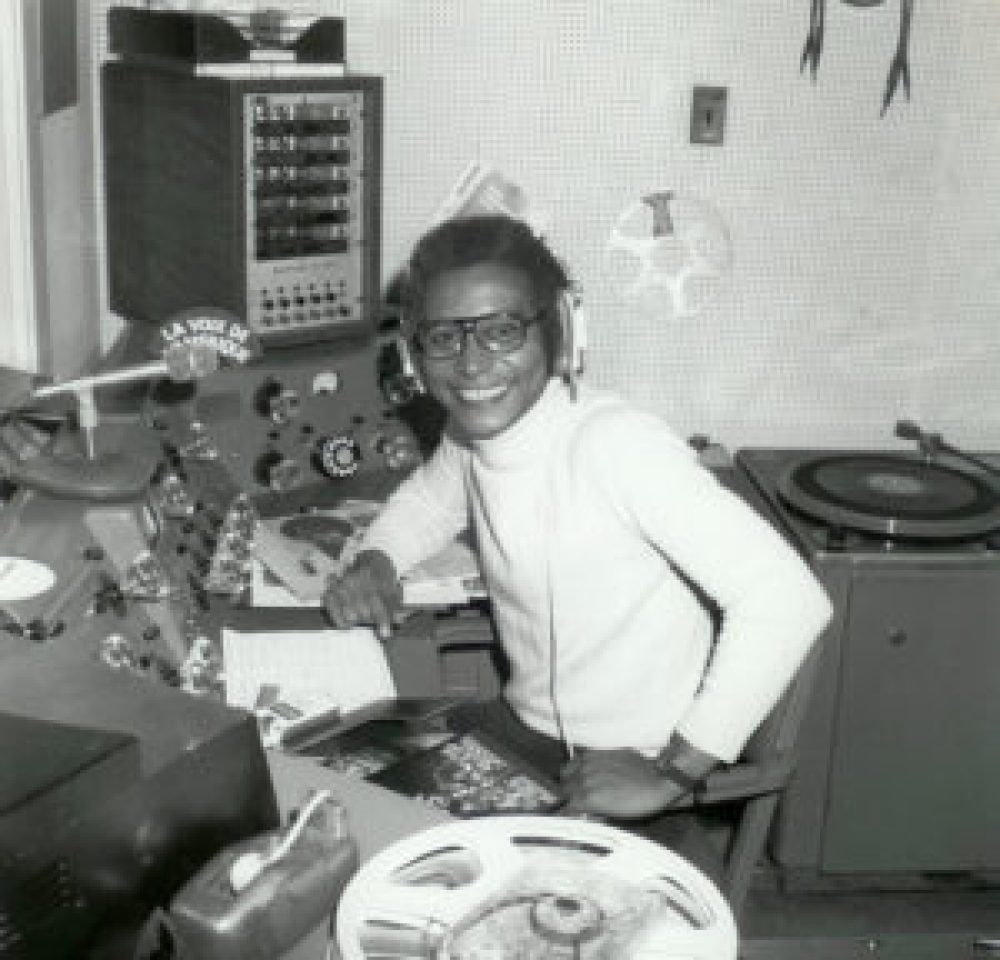
The critical decision to bring in Georges Collinet as host would prove transformative. Already a legendary figure in African broadcasting, Collinet had spent over two decades at Voice of America, where he had introduced American soul music to African audiences since 1966. "It was like completing a circle," Collinet reflected in a 2012 NPR interview. "I had spent years introducing James Brown to Africa, and now I had the chance to introduce Africa's incredible musicians to America."
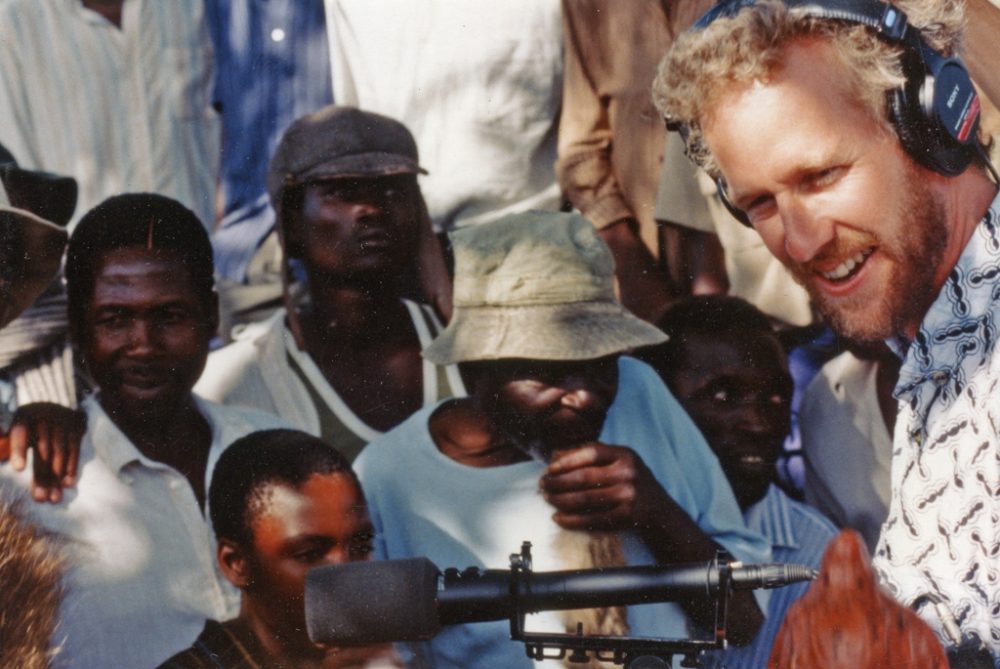
Banning Eyre, another Wesleyan alumnus who would later become the program's senior editor and a renowned African music scholar, joined the team as the show evolved. His extensive field research across more than 20 African countries would help shape the program's journalistic depth and musical expertise.
"Every story we told needed to connect the music to its cultural context," Eyre explains. "Whether we were featuring soukous from Congo or highlife from Ghana, we wanted listeners to understand not just the sound, but the social forces that shaped it."
The timing of the program's launch proved fortuitous. As the 1980s drew to a close, Western audiences were showing increasing interest in international pop music, partly sparked by the success of Paul Simon's "Graceland" album. Yet few outlets existed to satisfy this growing curiosity about African music. Afropop Worldwide filled this void, offering not just music but context, history, and cultural understanding.
What began as a focused exploration of urban African music soon expanded into a comprehensive journey through the African diaspora. The program traced musical connections from Lagos to Rio, Dakar to New Orleans, Johannesburg to Kingston. Eyre's fieldwork, which included extensive research in Mali, Zimbabwe, and other African nations, provided firsthand accounts and deep musical analysis that became a hallmark of the program's reporting style.
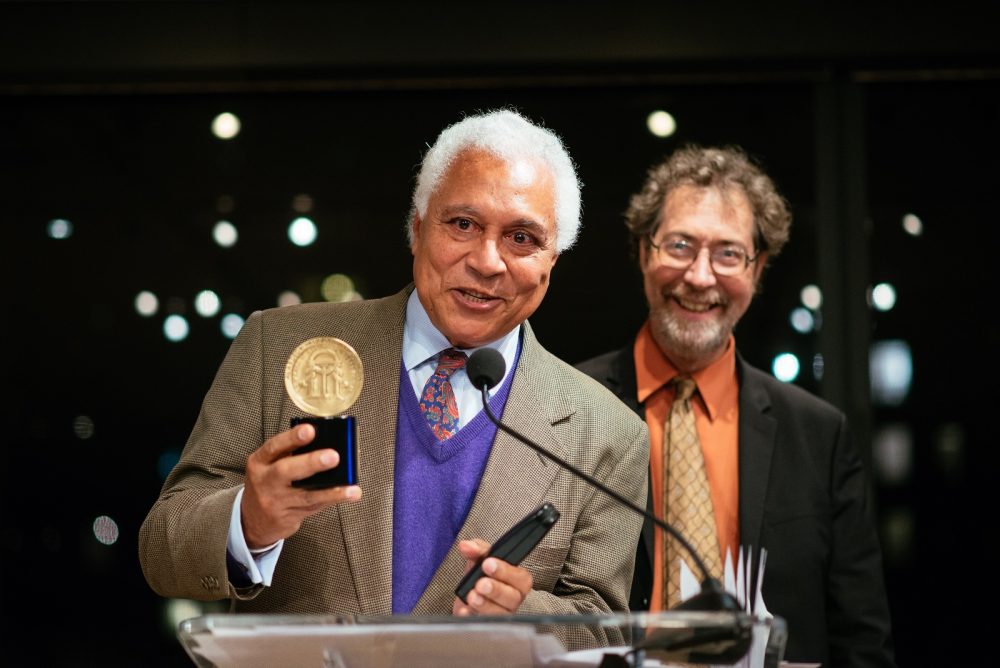
Today, Afropop Worldwide's influence extends far beyond its role as a musical tastemaker. The program, which won a Peabody Award for its contributions to broadcasting, helped establish a model for cultural journalism that treats world music not as a categorical other, but as an essential voice in an ongoing global conversation.
In the age of streaming platforms and instant global access to music, the program's pioneering role in cultural journalism stands as a testament to the power of thoughtful, context-rich musical exploration. As Barlow noted during the program's 30th anniversary, their mission was never simply to play music, but to help listeners understand why it matters – a goal that remains as relevant today as it was in that first broadcast in 1988.








